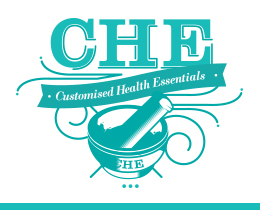Cognitive Disorder - OCD
Obsessive Compulsive Disorder (OCD)
Obsessive compulsive disorder (OCD) is an anxiety disorder that causes recurring stressful thoughts or obsessions that are followed by compulsions, which are repeated in an uncontrollable manner as a means of repressing the stressful thought. It is well documented that selective serotonin re-uptake inhibitors (SSRIs) help patients with OCD. Therefore, it is clear that nutrients which increase serotonin levels will reduce the symptoms of OCD. As discussed earlier, the amino acid tryptophan is a precursor to serotonin, and tryptophan supplements (which are better than 5-Hydroxytryptophan) will increase serotonin levels and treat OCD. St John's Wort combined with amino acids may help patients suffering from depression, anxiety, and OCD in regard to better dealing with their recurring thoughts and compulsions. OCD is thought to develop from a combination of genetic and environmental factors. A number of factors may increase the risk of developing OCD, including family history, social factors and psychological factors. Other factors specific to OCD include:
Biological factors – OCD has been linked to several neurological factors and irregular levels of serotonin (a chemical that transmits messages between brain cells) in particular. Research into chemical, structural and functional changes or abnormalities in the brain continues.
Environmental / learned behaviours – Some experts suggest that OCD may develop as a result of learned behaviour, either by direct conditioning (e.g. developing a washing compulsion after contracting a disease from contact with an animal) or learning by watching the behaviour of others, e.g. parents.
For many, biting your nails may seem like just an ugly habit. Recently, psychiatrists are changing the way we will view nail biters. By next year the American Psychiatric Association's Diagnostic and Statistical Manual of Mental Disorders (DSM) will classify nail biting as an obsessive compulsive disorder (OCD). A harmless habit such as nail biting can become hazardous to one's health. According to the Mayo Clinic, nail biting is not only bad hygiene, but also can contribute to skin infections, increase the risks of colds and other infections as well as spread germs from the nails and fingers. Obsessive compulsive disorder is a variety of anxiety disorder. OCD traps individuals in an endless cycle of repetitive thoughts and behavior. Many who suffer from OCD are plagued by habitual, stressful thoughts and fears that are hard to control. This then forces a need to perform certain rituals or routines as a means to maintain one's calm over the situation. For an obsessive nail biter, the behavior is triggered by not the nail itself but outside factors such as driving or feeling stressed out. In previous years the DSM categorized nail biting as "not otherwise classified." However that will change starting next year. Individuals, who habitually bite their nails, compulsively wash their hands or line their shoes up a particular way, will be informed they may suffer from OCD.
To stop you from nail biting, you might try: Avoiding factors that trigger nail biting, such as boredom Finding healthy ways to manage stress and anxiety Keeping your nails neatly trimmed or manicured Occupying your hands or mouth with alternate activities, such as playing a musical instrument or chewing gum.
Showing 1–9 of 30 results
-
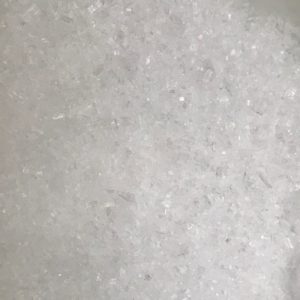
Magnesium Glycinate Crystal Form
Price range: $17.99 through $69.99 (inc GST) -
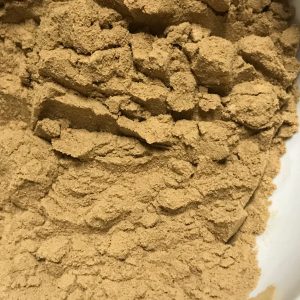
American Ginseng 20% Extract Powder
Price range: $14.99 through $105.99 (inc GST) -
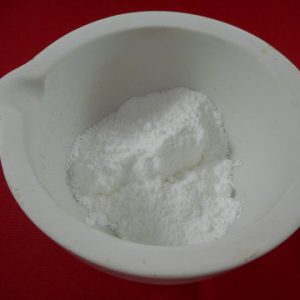
B6 Vitamin, Pyridoxine Hydrochloride Powder
Price range: $22.99 through $115.99 (inc GST) -
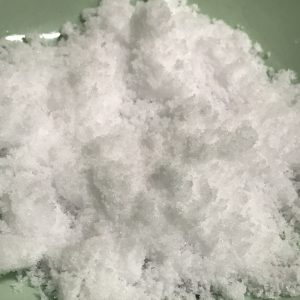
Choline Citrate Powder. 35% choline
Price range: $19.99 through $99.99 -
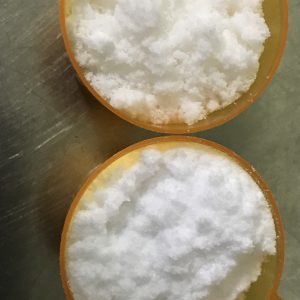
Choline-L-Bitartrate / Myo-Inositol Ratio Mix powder
Price range: $10.99 through $31.89 (inc GST) -
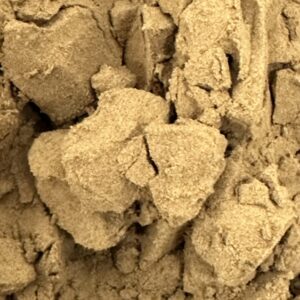
Cistanche Tubulosa 20:1 Extract Powder
Price range: $18.99 through $89.99 (inc GST) -
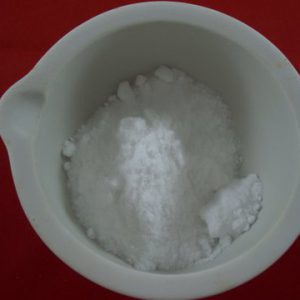
Inositol Powder
Price range: $17.99 through $43.99 (inc GST) -
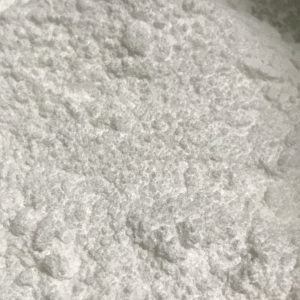
IP-6 Inositol Hexaphosphate Powder. B8
Price range: $17.59 through $71.49 (inc GST) -
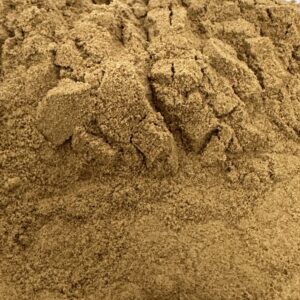
Lavender Flower 20:1 Extract Powder
Price range: $14.99 through $65.99
